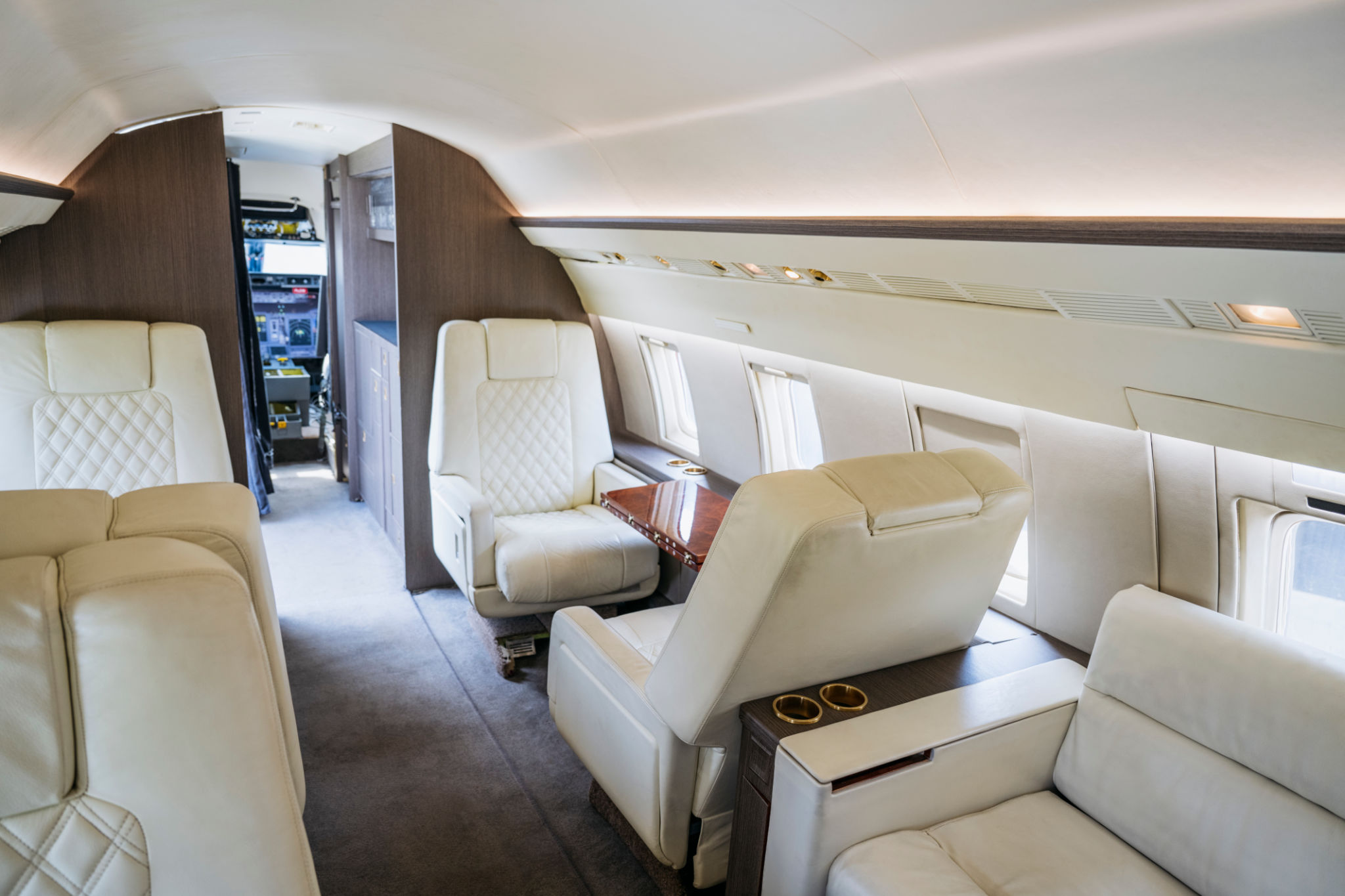Innovations in Sustainable Aviation: How Private Jets in the UAE are Leading the Way
Introduction to Sustainable Aviation
In recent years, the aviation industry has been under increasing pressure to reduce its environmental impact. As concerns about climate change grow, the demand for sustainable solutions has become more urgent. The United Arab Emirates (UAE), known for its innovative spirit and luxury travel options, is at the forefront of integrating sustainability into aviation, particularly in the realm of private jets.

Why Sustainability Matters in Aviation
Aviation is a significant contributor to global carbon emissions, and as air travel continues to rise, so does its environmental footprint. The push towards sustainability is not just about reducing carbon emissions; it's also about conserving resources, minimizing waste, and promoting environmental stewardship. The adoption of sustainable practices in aviation can lead to a substantial reduction in the industry's ecological impact.
The Role of Private Jets in Sustainable Aviation
While commercial airlines are making strides towards sustainability, private jets are setting new standards in the industry. In the UAE, where private jet travel is prevalent, operators are increasingly adopting green technologies and practices. From the use of sustainable aviation fuels to innovative aircraft designs, private jets are leading the charge in sustainable aviation.

Innovations in Aircraft Design and Technology
One of the most promising areas of innovation is in aircraft design and technology. Newer models of private jets are being designed with fuel efficiency in mind. Advanced aerodynamics, lightweight materials, and more efficient engines are helping reduce fuel consumption and emissions. Moreover, the integration of cutting-edge technologies like hybrid-electric propulsion systems is paving the way for greener flights.
Sustainable Aviation Fuels (SAF)
The use of Sustainable Aviation Fuels (SAF) is another major advancement in reducing the environmental impact of private jets. SAFs are made from renewable resources and offer a cleaner alternative to traditional jet fuels. In the UAE, there is a growing commitment to producing and using SAFs, which can lower carbon emissions by up to 80% compared to conventional fuels.

Efficiency in Operations
Beyond technological advancements, operational efficiency plays a crucial role in sustainability. Private jet operators in the UAE are implementing practices such as optimized flight paths, reduced idling times, and efficient ground operations to further minimize their carbon footprint. These measures not only contribute to environmental sustainability but also offer economic benefits through cost savings.
The UAE’s Commitment to Green Aviation
The UAE's dedication to sustainable aviation is supported by both government initiatives and private sector investments. Policies promoting renewable energy and sustainable practices have created an enabling environment for innovation. The nation's vision for sustainability is reflected in its efforts to position itself as a leader in green aviation globally.

Challenges and Future Perspectives
While significant progress has been made, challenges remain in achieving widespread adoption of sustainable practices across the aviation industry. High costs associated with new technologies and fuels, as well as regulatory hurdles, are obstacles that need to be addressed. However, continued advancements and collaborative efforts between industry stakeholders hold promise for a more sustainable future.
In conclusion, private jets in the UAE are setting a benchmark for sustainable aviation through innovation and commitment to green practices. As these efforts continue to evolve, they not only enhance the sustainability of air travel but also inspire broader changes across the global aviation industry.
